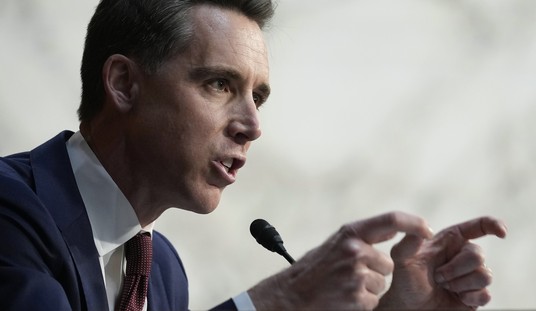Cloud storage and computing is an emerging technology increasingly in use worldwide. Documents and email discussions can be stored in the Cloud, and then be accessed by collaborators from anywhere to work on joint projects together.
That is an American led business, with market leaders such as Microsoft, Apple, Google, Amazon, and Facebook, among others. But U.S. law has not yet caught up with the technology, though that is being resolved now, in the courts and in Congress.
In the currently leading case, United States of America v. Microsoft, the U.S. government issued a warrant to Microsoft, an internet service provider, to obtain customer emails now stored in its data center in Dublin, Ireland. The warrant was approved in federal court under the Electronic Communications Privacy Act (ECPA), enacted in 1986 to govern the privacy of information held by technology providers.
Microsoft resisted complying, arguing that the U.S. cannot legally issue a warrant for data held overseas, which may require the company to violate foreign law or contracts with foreign customers. Microsoft contended that the ECPA says nothing about the applicability of its provisions outside the U.S., and American legal precedents state that when a statute is silent about extraterritorial application its provisions do not apply abroad.
But the Justice Dept. argued that there was nothing extraterritorial in the case. The emails are actually the records of Microsoft, it contended, and the company could access them and comply with the subpoena entirely within the U.S. online.
The Second Circuit held for Microsoft, quashing the warrant, and refusing to overturn the ruling en banc 4-4. Justice appealed to the Supreme Court, which granted a writ of certiorari on October 16, 2017 to hear the case.
Recommended
If the Supreme Court rules that companies are only acting domestically within their own borders when they unilaterally reveal private correspondence across borders, then the U.S. would have no basis to object when foreign countries demand to see, from the offices of foreign companies abroad, the emails of U.S. citizens stored in the U.S.
Suppose Chinese intelligence officers investigating leaks to the foreign press wanted to see the emails of a U.S. reporter stored in the U.S.? They would be able to cite the U.S. Supreme Court for legal authority to do that. Would foreign agents have the authority to see the cloud documents of U.S. companies to steal their patented technology, intellectual property, and trade secrets?
What would happen to the American-led cloud technology then? This emerging high tech opportunity to ease and increase collaboration across the entire economy can be central to economic growth in the 21st century, ultimately affecting almost everything. America does not want to lose leadership of that.
These issues can best be solved only by Congress, which can best weigh all the policy arguments concerning the public interest in privacy, needs of law enforcement, protection of constitutional rights, effects on international relations, and impacts on the economy. Fortunately, Congress is moving to do precisely that.
Just this week, Senate Judiciary Chairman Orrin Hatch will be introducing bipartisan legislation, Clarifying Lawful Overseas Use of Data (CLOUD) Act of 2018, with Senators Coons (D-DE), Graham (R-SC) and Whitehouse (R-RI). Representatives Collins (R-NY), Jeffries (D-NY), Issa (R-CA) and DelBene (D-WA) will introduce companion legislation in the House. President Trump and the Justice Dept. also support it.
The bill establishes a formal framework to resolve the issues diplomatically through international bilateral agreements recognizing the valid rights and interests of all parties. Protects privacy and constitutional rights by requiring warrants to search any data held at home and abroad. Protects cloud providers through rights to notify foreign governments of warrant requests, and to seek judicial review. Protects law enforcement, and economic opportunities, by clarifying procedures and legal rights.
A broad range of civil libertarians and economic libertarians support the bill, including Americans for Tax Reform, Competitive Enterprise Institute, Freedom Works, National Taxpayers Union, American Commitment, Citizens Against Government Waste, Campaign for Liberty, and Free the People, among others. This broad and bipartisan support is because everyone can see that these issues cannot be governed by a law enacted over 30 years ago, even before the rise of the modern internet, and now outdated AOL even started offering email.

























Join the conversation as a VIP Member